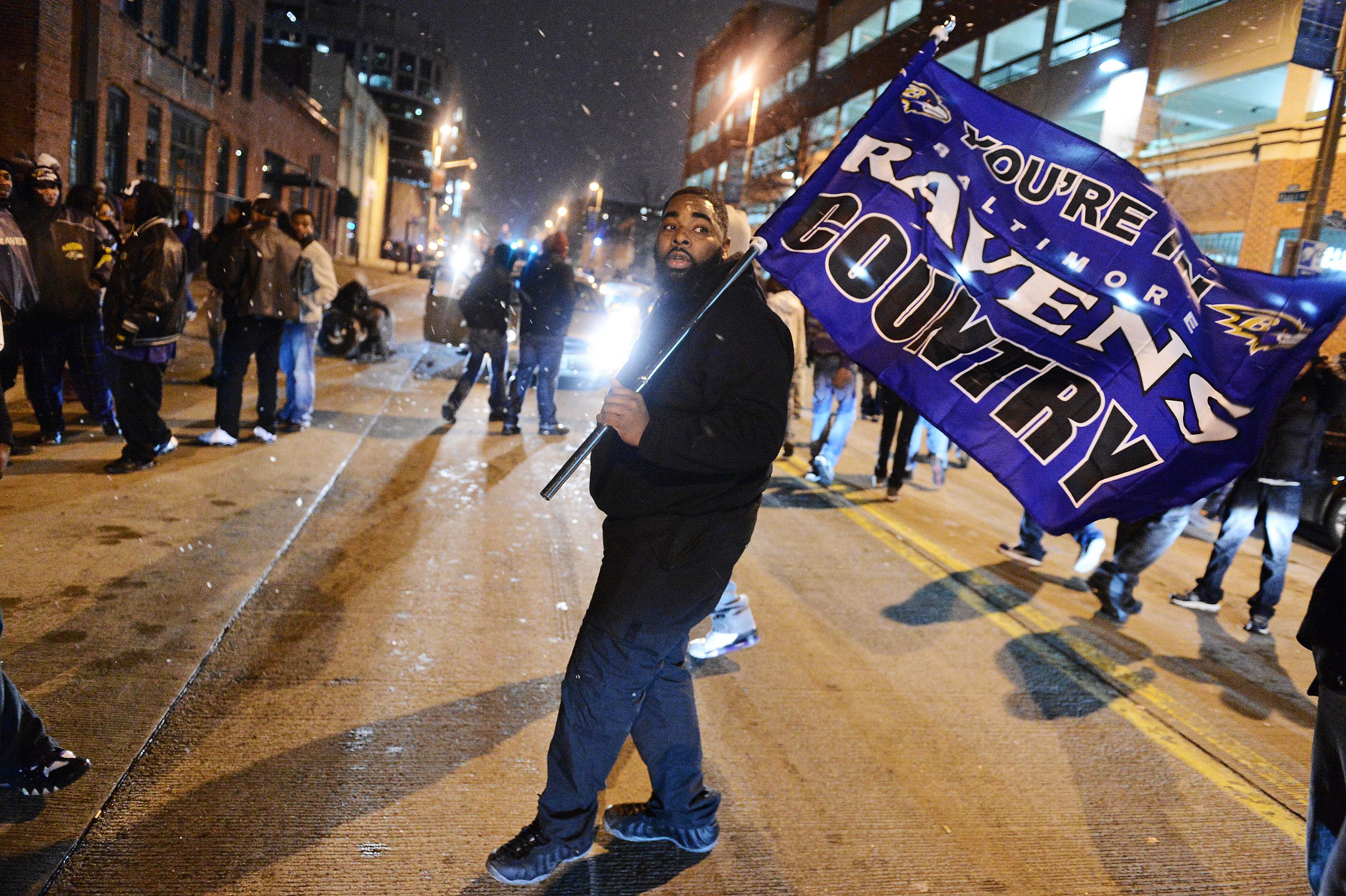I’ll admit that I’m feeling a little sluggish this morning at work. I ate a bit more food last night than I normally eat, and it was less healthy than usual. I also drank more beer than is typical for a Sunday evening and got to bed a bit later than I normally would. And my suspicion is that I’m not alone. Consumption of snack food skyrockets on Super Bowl Sunday, as does beer-drinking, and, in the Eastern time zone at least, the tendency is to be out socializing at an unusually late hour for a Sunday.
So here I am at work doing my best, but realistically my best today probably isn’t up to par. And the situation would only be worse a bit up the road in the Baltimore or out in the Bay Area. And the solution seems obvious: Today should be a national holiday. Specifically, rather than observing President’s Day two weeks from today, we should observe it today.
Even if you’re not a football fan, there’s absolutely no downside to this, and the upside is considerable. The typical American does not, I think, adequately reflect on how convenient it is to have holiday schedules aligned with real-world social practices because they generally get their way automatically. If you’re Jewish, you know that it kind of sucks to have a major family observance (Passover) on a random spring day when it’s not convenient for people to be traveling, while the goyim “conveniently” discover that schools and workplaces are all giving people time off right around Dec. 25. Mainstream Americans benefit from this arrangement, but it seems so “natural” that they don’t necessarily appreciate it. But it makes perfect sense. For any given quantity of national holidays, it’s hugely beneficial to align the holidays with real routines in people’s lives. Christmas is a big deal, so aligning the December holiday with it is a big win. The Super Bowl is not as big a deal as Christmas, but in terms of people’s lives, it’s a much bigger deal than George Washington’s birthday. There’s nothing in American social life specifically tied to mid-February that would be disrupted by shifting the day a bit earlier.
Football fans would have more fun on the first Sunday in February, and employers would get a proper full day from everyone on the third Monday in February. It’s a win-win. In today’s era of deeply polarized political parties and divided partisan control of Congress, it’s very unlikely that substantial progress will be made on major national issues. Under the circumstances, there’s a strong case for addressing minor national issues that don’t trigger partisan cues, and this should be on the list.
I expect to hear about it in the State of the Union.
